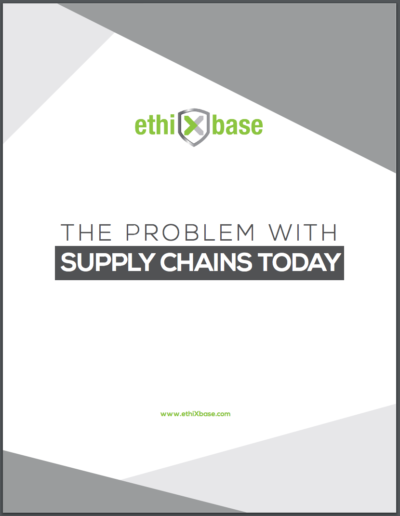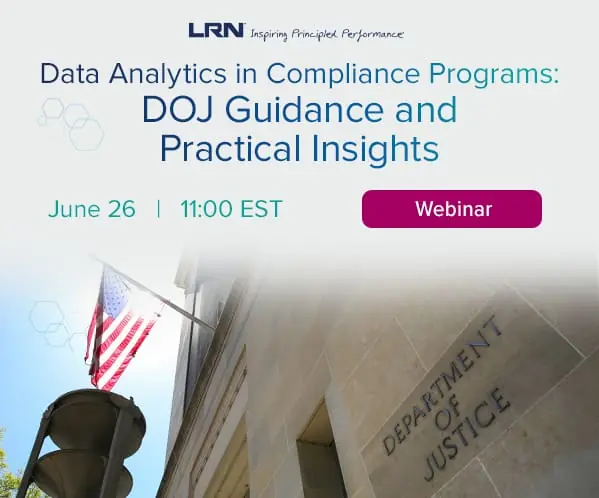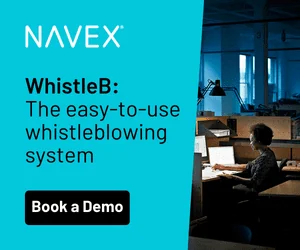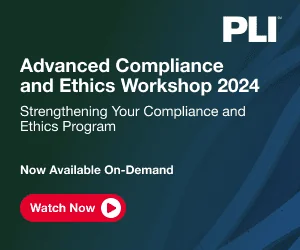On May 18, 2016, the Department of Labor (DOL), together with the White House, announced long-awaited and much anticipated final changes to the Fair Labor Standards Act’s overtime rules. In spite of their stated intent to “simplify and modernize” the overtime rules, the new rules create a multitude of workplace and compliance challenges.
While employers and employees will for many years to come debate whether these new rules effectively fulfilled the vision of putting more money in the pockets of middle class workers, one thing is certain: employer compliance is now on the clock as the rules go into effect on December 1, 2016. That’s right, December 1, 2016 – smack in the middle of the holiday season, and on a Thursday, no less.
To quickly recap what’s changing:
- The DOL more than doubled the minimum salary level from $23,660 ($455 weekly) to $47,476 ($913 weekly).
- In order to keep pace with wage growth and inflation, the $47,476 minimum salary level will automatically adjust every three years.
- An option was triggered for employers to satisfy the minimum salary requirement by including up to 10 percent of bonuses and incentives.
- The salary level for highly compensated employees was increased, from $100,000 to $134,004.
The Reality of Business Economics – The Math Matters
Notably hidden within the DOL’s published guidance is the begrudging concession that few employers will simply hand over thousands of dollars to those currently salaried employees who fall beneath the new threshold. It’s far more complicated than that. The economic reality will now force most employers to do the math in hopes of finding their “sweet spot” or, in other words, the optimal balance of operational efficiency, employee morale, tolerable financial impact and compliance.
Practical Steps to Compliance
With the December 1 deadline approaching, employers must quickly engage in the deliberative process of deciding who goes into the following buckets:
- Increase salary to the new minimum salary threshold of $47,476.While companies will invariably apply different criteria here, many employers are seemingly starting with the math and reserving this option for the population of positions both closest to the new threshold and most critical to the organization as a whole. So, for example, if 30 percent of a company’s exempt population falls below the new threshold, a company might set their internal break at $40,000 or a certain percentage under the threshold and then engage in further discussion around criticality of position and financial feasibility. At ComplianceHR, we developed a free tool that helps employers compare the costs of giving a salary increase versus paying overtime and also helps calculate a new hourly rate for reclassified employees which will result in the same weekly pay as they make now, even with overtime pay (for background, see: https://clientapps.compliancehr.com/a/otcostestimator).For those increased to the new salary level, it is more important than ever that those individuals also meet the duties tests required to sustain that exemption. To be sure, if an entity is prepared to financially invest to meet the new threshold, failing to ensure that individual or position meets one or more of the white collar exemptions is surely unwise, if not irresponsible. After all, in this time of heightened regulatory focus, all eyes (including the plaintiff’s bar) are focused on how employers implement these changes. Simply increasing salaries without ensuring the duties test is met is like “vacuuming without a bag.” Moreover, even though the new salary requirements will trigger liability as of December 1, 2016, liability for an otherwise misclassified exempt employee could expose the company to the panoply of available damages reaching back two to three years. Much like we learned in 2004, these regulatory changes, when they occur, as painful as they are, should also be viewed as an opportunity to get your house in order.With the deadline approaching, few companies have sufficient time or budget to conduct the required analysis through traditional methods and require smart or intelligent technology to power or accelerate that often time-consuming piece. At ComplianceHR, for instance, we developed a tool called Navigator OT that delivers expert guidance on exemption eligibility through rapid application of over 1,900 reported cases and opinion letters. So, while traditional expert level analysis can consume hours (if not days), technology can help deliver critical guidance on this topic in a matter of minutes.
- For workers whose salaries will not be increased to meet the new threshold, those individuals/positions will be reclassified to nonexempt, overtime eligible status.And of course, for those individuals who are “reclassified” or converted, this option presents a whole host of different considerations to wit: how best to carefully communicate that message and how to go about the tricky business of effecting those operating rules and policies necessary to minimize the costs of overtime. How do you limit it? How do you communicate what’s expected of persons who have likely for many years enjoyed life with very important titles, who haven’t punched the time clock and who have grown accustomed to the personal flexibility that comes with exempt status?
- The other dynamic to consider is what these changes mean in terms of restructuring.Another dramatic and surely unintended consequence of the new rules is the likelihood of positions being eliminated, hours being restricted or hours being collapsed to offset the financial impact where salary increases are elected. This possibility only underscores the need to ensure that the company’s house is otherwise in order before positions are terminated. As companies are well aware, a terminated employee in this climate could likely trigger, whether via agency or litigation, a closer examination of the company’s pay practices.On the other hand, it may be advisable for an employer to reclassify certain positions as nonexempt and hire additional employees (albeit with the same restriction).
In sum, now is certainly the time to construct a realistic and achievable plan with compliance at the forefront of that agenda. With the December 1 deadline just around the corner, relying on spreadsheets and other manual processes is not a viable option. Technology can assist time-strapped decision-makers to seize this once-in-a-decade opportunity to undertake some overdue cleanup of potentially misclassified positions.
Sign up for our free weekly e-newsletter for more compliance articles, job postings, GRC events, white papers & more



 Lori Brown is President and Chief Operating Officer of
Lori Brown is President and Chief Operating Officer of 








